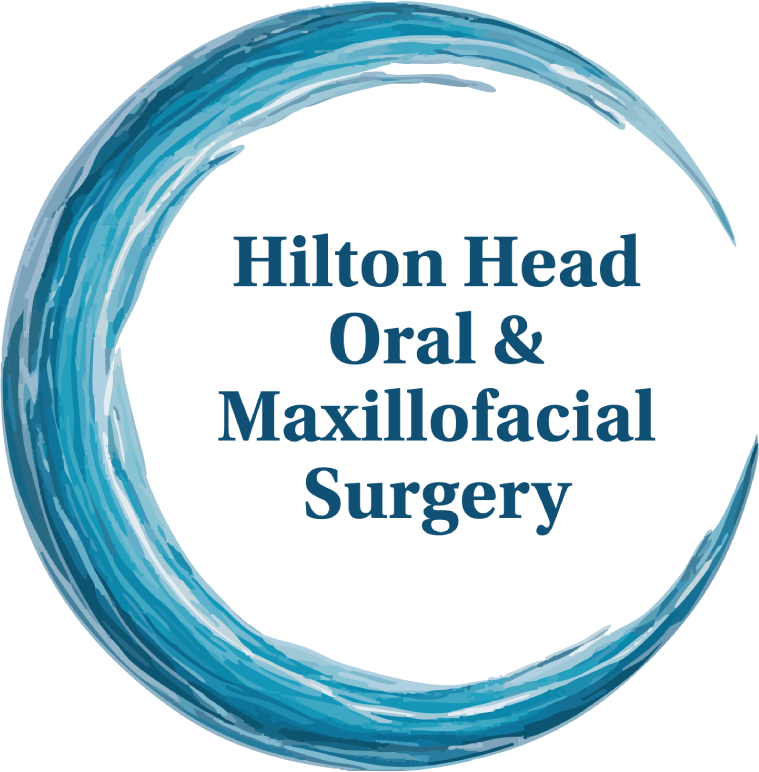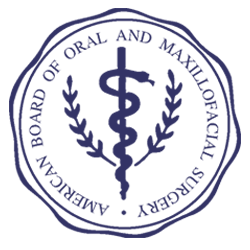FROM SIMPLE TO
ADVANCED CASES
Wisdom teeth, or third molars, are the last teeth to develop and appear in your mouth. They come in between the ages of 17 and 25, a time of life that has been called the “Age of Wisdom.” In many cases, there is not enough room in the mouth for these teeth to grow in properly, and they must be removed.
In general, dental and medical professionals agree that wisdom teeth should be removed in the following instances:
- Infections and/or periodontal disease
- Cavities that cannot be restored
- Pathologies such as cysts, and tumors
- Damage to neighboring teeth
FREQUENTLY ASKSD
QUESTIONS
How serious is an impacted wisdom tooth?
If left in the mouth, impacted wisdom teeth may damage neighboring teeth, or become infected. Because the third molar area of the mouth is difficult to clean, it is a site that invites the bacteria that leads to gum disease. Furthermore oral bacteria may travel from your mouth through the bloodstream, where it may lead to possible systemic infections and illnesses that affect the heart, kidneys and other organs. Research has shown that once periodontal disease is established in the third molar areas, the problem is persistent and progressive, but may improve following extraction of the teeth. In some cases a fluid-filled cyst or tumor may form around the base of the untreated wisdom tooth. As the cyst grows it may lead to more serious problems as it hollows out the jaw and damages surrounding nerves, teeth and other structures.
Must the tooth come out if it hasn’t caused any problems yet?
Many people believe that as long as they are not in pain, they do not have to worry about their wisdom teeth. However, pain free does not mean disease or problem free. In fact, wisdom teeth that come in normally may still be prone to disease, according to a study by the American Association of Oral and Maxillofacial Surgeons and the Oral and Maxillofacial Surgery Foundation. AAOMS strongly recommends that third molars be evaluated by an oral and maxillofacial surgeon by the time a patient is a young adult in order to assess the presence of third molars, disease status, and to suggest management options ranging from removal to a monitored retention plan to ensure optimal patient-specific outcomes.
WHAT HAPPENS
DURING SURGERY?
If your dentist or healthcare professional recommends that your wisdom teeth be removed, you will most likely be referred to an oral and maxillofacial surgeon for the procedure. Before surgery, your oral surgeon will discuss the procedure with you and tell you what to expect. This is a good time to ask questions. Also talk to your surgeon about any concerns you have. Be sure to let your doctor know about any illness you have and medications you are taking.
There are several conditions that affect how easy it will be to remove a wisdom tooth. These conditions include how the tooth is positioned and the stage of root development. If the wisdom teeth are impacted the surgery might be more complicated.
Most of the time third molars can be removed with little or no pain. Usually they can be extracted at the oral and maxillofacial surgery office. Patients are given either local anesthesia, intravenous sedation or general anesthesia. Your surgeon will recommend the anesthetic option that is right for you.
WHAT HAPPENS
AFTER SURGERY?
Following surgery, you may experience some swelling and mild discomfort, which are part of the normal healing process. Cold compresses may help decrease the swelling, and medication prescribed by your Oral and Maxillofacial Surgeon can help manage the discomfort. You may be instructed to modify your diet following surgery and later progress to more normal foods.
2 CONVENIENT OFFICE LOCATIONS
HILTON HEAD
BLUFFTON

Hilton Head Office
10 Hospital Center Common, Suite D
Hilton Head Island, SC 29926
Fax: (843) 689-2155
Bluffton Office
321 Hope Pond Way,
Suite 101, Bluffton SC 29910
Fax: (843) 815-3056



